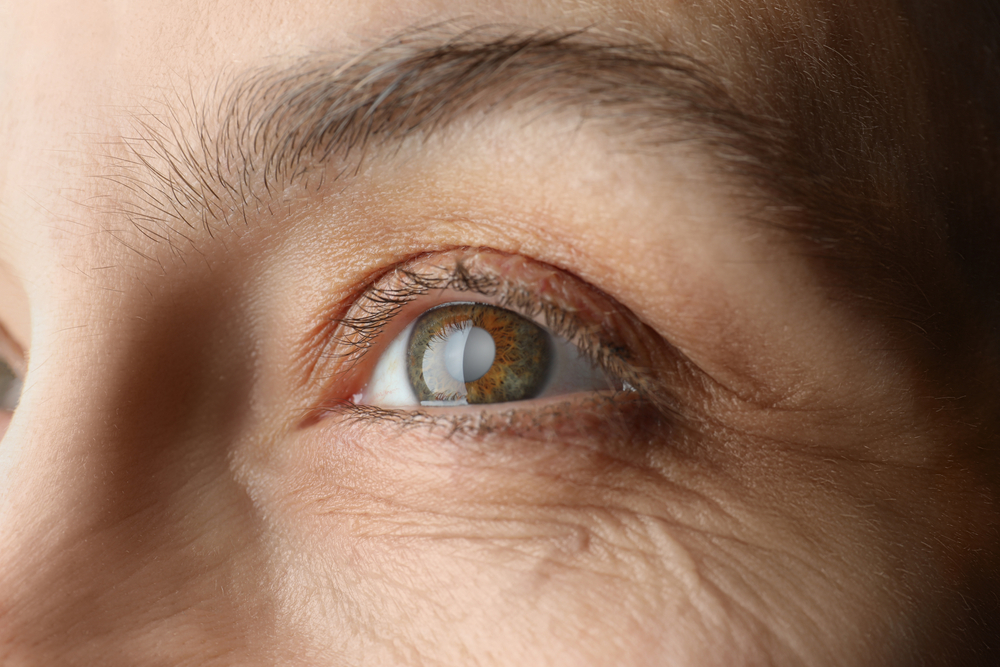
Did you know that there are no medications that doctors can prescribe to reverse cataract formation? Cataracts cause your eye's natural lens to become cloudy, causing problems with vision. Your eye doctor can prescribe strong eyeglasses or contact lenses to help, but the only known cure for cataracts is surgery.
In cataract surgery, the doctor removes the lens in your eye and replaces it with an artificial lens. They conduct the surgery on an outpatient basis because it is a safe and standard procedure.
Why Is Cataract Surgery Done?
Cataracts cause blurry vision, and you will usually experience more glare from lights. Your eye doctor will most likely recommend surgery when your daily activities become hard to conduct due to cataracts.
Cataracts can interfere with the treatment of other ocular conditions. The eye doctor needs to look at the back of your eye to detect and monitor the progress of other visual conditions. Cataracts can make it difficult for the doctor to observe the back of your eye. When this happens, your optometrist can recommend that you get cataract surgery.
How Do You Prepare for Surgery?
The doctor will likely advise you not to eat or drink anything for the 12 hours preceding the surgery. Before the surgery, you might also need to stop taking some medication that might increase your risk of bleeding. Also, medicines for prostate issues can potentially interfere with the surgery.
Who Can Get Cataracts?
Usually, people start getting cataracts at the age of 40, with the symptoms showing up at 60. In rare congenital disabilities, children are sometimes born with cataracts. Some risk factors can cause you to develop cataracts. They are:
- Heavy alcohol use.
- Smoking.
- Living in a place with too much air pollution.
- Family history of cataracts.
What Causes Cataracts?
Water and proteins are the main ingredients that make up the lens of your eye. As you age, the proteins break down and linger in your eye. These proteins, when they increase, cause your vision to become cloudy, causing vision problems. It is a natural part of aging for most people. Some things that can make the formation of cataracts speed up are:
- Steroids - Commonly found in medication for conditions like lupus and arthritis.
- Diabetes.
- Phenothiazine drugs - Commonly used to treat conditions like bipolar disorder and schizophrenia.
- Too much time in the sun without sunglasses or eye protection.
- Radiation performed on your upper body.
- Eye surgery in case of eye injuries.
What Are the Symptoms of Cataracts?
Cataracts are common in aging eyes and can cause blurry or cloudy vision. You might also become sensitive to bright lights and sunlight. In addition, you will experience glare when driving at night and start seeing a halo around lights.
You might develop nearsightedness and have sudden prescription changes for your glasses. You can develop a double vision and a need for brighter light to read normally. You will have difficulty seeing at night, and your perception of color will change.
For more on cataracts surgery, visit Eye Care Center at our offices in Fridley, Maplewood, or Maple Grove, Minnesota. You can also call (763) 308-8440, (651) 777-3555, or (763) 420-6981 to book an appointment today.

















